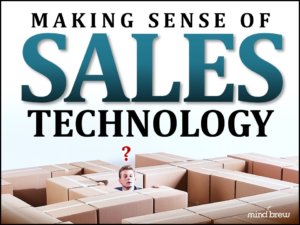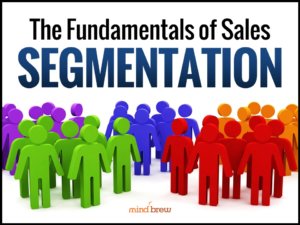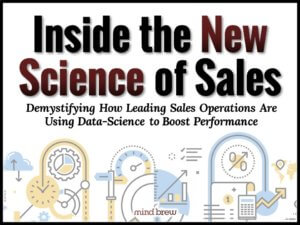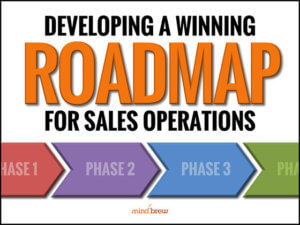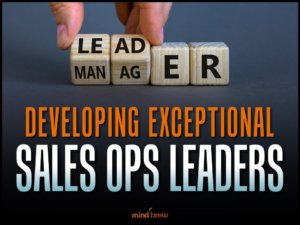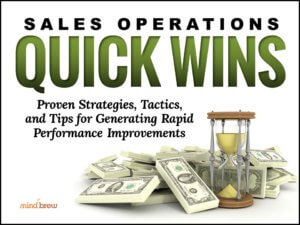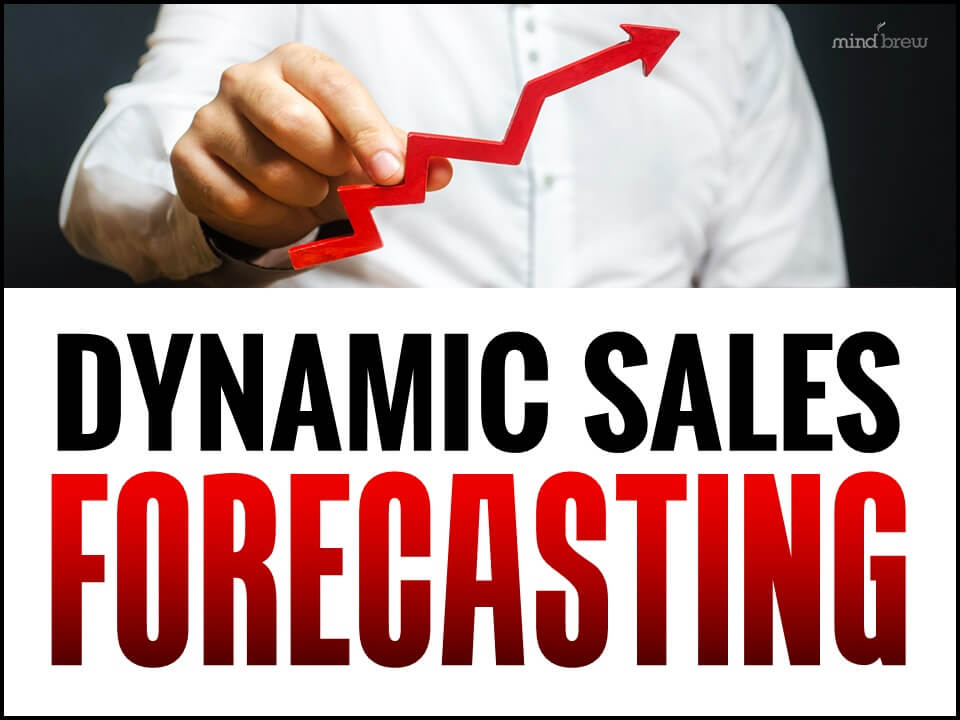The launch of ChatGPT got everyone talking about AI. Suddenly, large language models (LLMs) seem to be everywhere. You may even have used one to help compose an email, draft a sales presentation, or “help” your kid with their homework.
But truthfully, for sales ops, LLMs aren’t all that helpful. That’s because LLMs don’t actually analyze data. They can analyze words and predict what the best next word might be (and the next, and the next, and so on), but they can’t look at your sales data for the past six months and tell you how to improve next quarter.
That doesn’t mean that AI is useless for sales ops though. It’s just the opposite really. AI is incredibly helpful for sales ops—just not the new-fangled kinds of LLMs that are getting lots of attention in news reports.
You see the kinds of AI tools that are useful for sales ops have actually already been around for a while. Vendors have spent years refining their machine learning models so that they can answer some of the most pressing questions in sales ops, including the following:
- Which customers could be buying more? A combination of customer segmentation and buying pattern analysis can help you identify which customers aren’t buying the same product mix and/or product quantities that other customers like them are buying. AI can sift through your customer base and find hidden opportunities. And even if it doesn’t ultimately lead to a sale, this kind of knowledge can at least be useful in starting a conversation that helps you understand your customers a little better.
- Which customers are at risk of leaving for a competitor? AI can examine past situations when you have lost customers and find patterns in the data. By looking for similar signs within your existing customer base, you have a good chance of identifying customers that might be on the verge of defecting. This gives your sales team a chance to preemptively contact the customer to find out how you can better meet their needs.
- What would this customer be willing to pay? If you have good pricing segments, technology can help you do a very detailed price elasticity calculation. This type of AI can tell you, at the deal level, what a customer is likely willing to pay. That allows your sales team to close more deals without leaving money on the table. Yes, you can do these calculations manually, but AI can do them much more quickly on a large-scale basis.
These are just three of the questions that AI can help you answer. It can also help with sales forecasting, prospect targeting, customer lifetime value calculations, or even identifying sales process bottlenecks and optimization opportunities.
If you’d like to learn more about how AI can help you meet your goals, we have a quartet of resources that can help:
- Making Sense of Sales Technology
- Predictive Sales Analytics
- The Fundamentals of Sales Segmentation
- Inside the New Science of Sales
Just for fun, during the process of writing this blog, I asked ChatGPT, “How can I increase sales for my organization?” Not surprisingly, it couldn’t tell me any specifics. But it did tell me to “Monitor and Analyze Data: Use analytics tools to track the performance of your marketing efforts and sales strategies. Then adjust your approach based on data insights to optimize results.” And that, it turns out, is actually pretty good advice.

